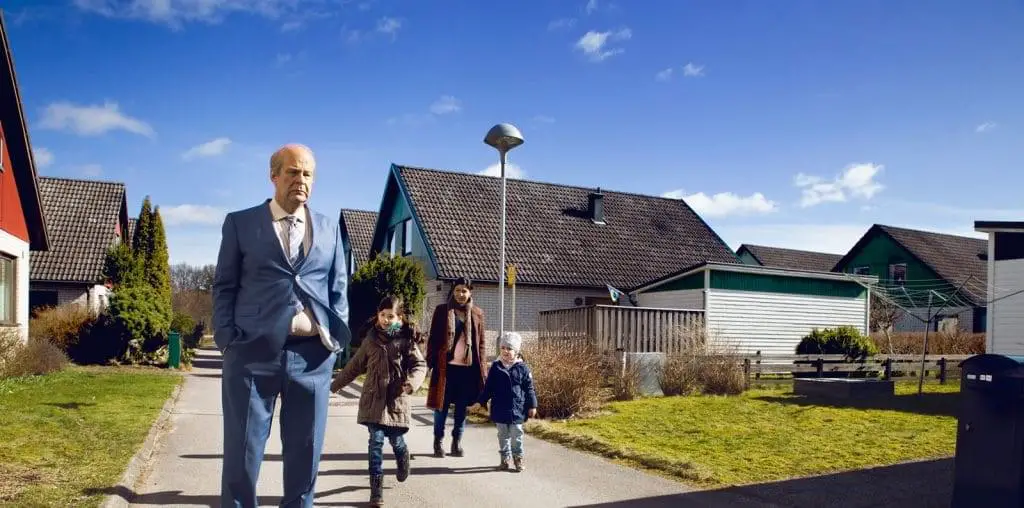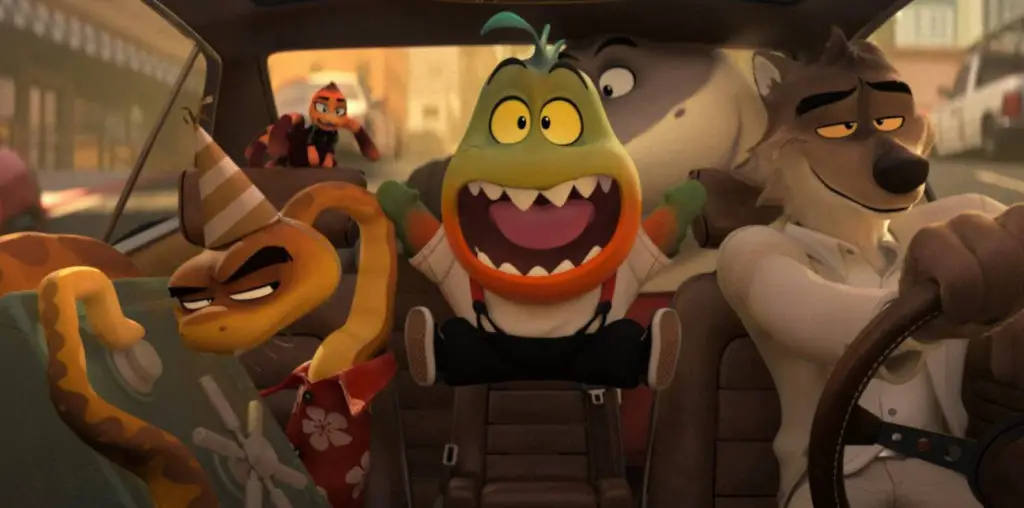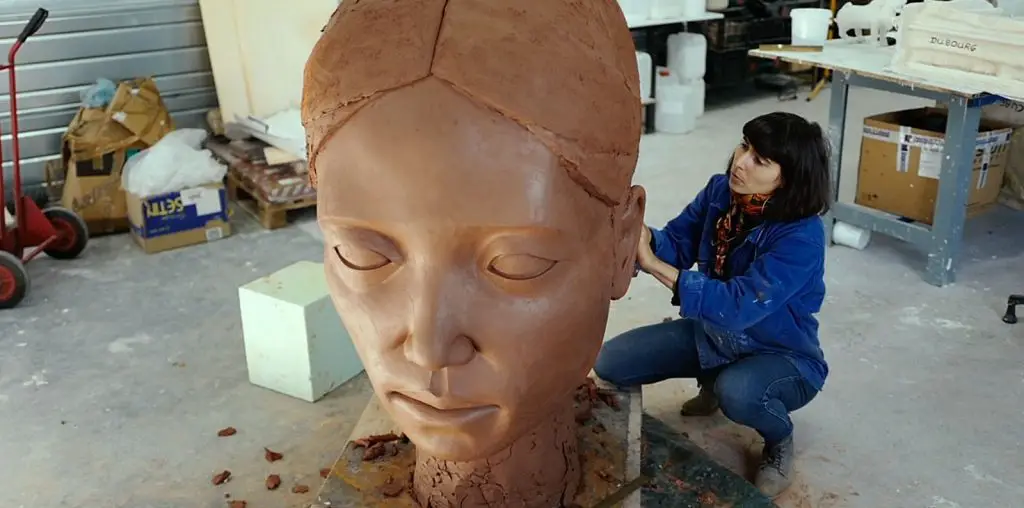
Jackie Chan can make a weapon out of anything. He can out-kick and outsmart movie villains, but can he outrun time? As evidenced in Benny Chan’s film “New Police Story,” Jackie is either feeling the effects of age or taking a team-based approach to fighting bad guys. Winner of the 2004 Golden Horse Award—the Taiwanese equivalent of the Oscar—in the categories of Best Supporting Male (Daniel Wu), Best Visual Effects (Victor Wong, Brian Ho), Best Action Choreography (Lee Chung-Chi, Jo Stunt Team), and Audience Choice, “New Police Story” showcases Jackie’s softer side.
In the films of “The Police Story” trilogy, Chan portrayed a cop who had to prove his abilities and his worth as a result of failed missions or costly victories. The central theme of redemption continues in “New Police Story,” where Jackie plays Wing, a Hong Kong inspector who unknowingly leads nine of his colleagues to their deaths while on the trail of bank robbers known as The Gang of Five. Overwhelmed by guilt and shame, Inspector Wing breaks off his engagement to his girlfriend Ke-Yi (Charlie Yeung) and palliates himself with bottle upon bottle of alcohol. His need to right wrongs is still present but it takes some persistent nudging from a quick-witted youth named Fung (Nicholas Tse) before Wing shakes off the drunken stupor and reclaims the role of policeman. With the young man’s encouragement and unofficial partnership and help from computer expert Sha-Sha (Charlene Choi), Wing discovers the identities of the thieves, propelling the film into dazzling Hong Kong action speed.
Though he delivers an amazing performance on camera, compared to his past films, Jackie does less fighting in “New Police Story.” Once Inspector Wing sheds the liquor-induced lethargy, he punches, kicks, twists, and shoots defensively. This decreased eagerness to initiate combat reflects the mindset of the character’s psychological struggle, but its implications are quite intriguing. Perhaps Jackie is not as resilient as he used to be or he is just tweaking the formula. Instead of being the spotlight, Jackie is sharing the fun (and the pain). His costars either have a martial arts background or have starred in enough action films to be experienced in choreographed fighting and are completely capable of taking on more stunts. This distribution of action extends to character development too. In order to balance Wing’s emotional sensitivity, Joe (Daniel Wu), the leader of The Gang of Five, serves as a counterweight.
Those familiar with Jackie and Daniel’s work are accustomed to seeing one as brave and comedic and the other suave and sexy. “New Police Story” brings forth a vulnerability that is initially disconcerting (they both cry and are not afraid to succumb to grief). The film is still rich with excitement, though. There are numerous adrenaline-pumping, mind-blowing action sequences, and with the added dramatic element, the spectacle is less sensational, less absurd. Excepting the conservative amount of blood shed, “New Police Story” has more in common with a John Woo and Chow Yun-Fat collaboration than the typical Hong Kong action film (such as “Downtown Torpedoes,” “Gen-X Cops,” or “Tokyo Raiders”).
After a string of American films that ranged from the delightful 1998 Brett Ratner film Rush Hour to the dismal Frank Coraci flop “Around the World in 80 Days”, Jackie Chan has returned to top form in “New Police Story”—even when he sheds tears and falls down drunk. He rises again, affirming that he is the drunken master.


